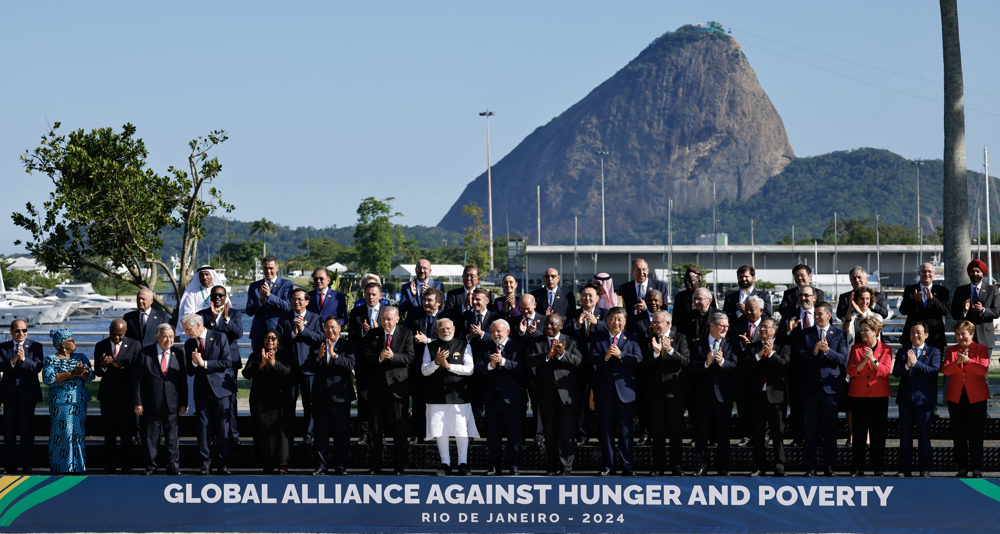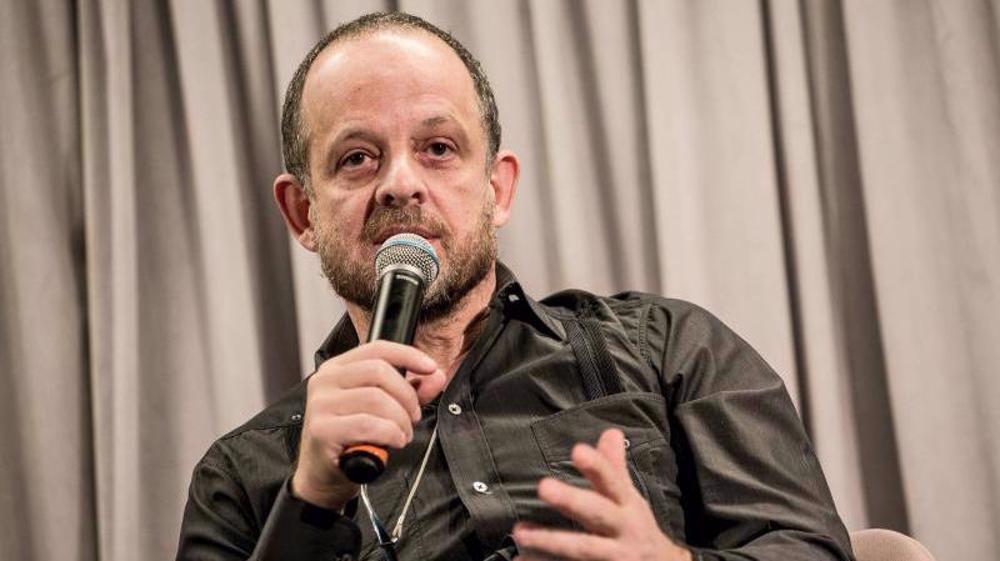Brazil’s Lula ahead in poll despite graft conviction
Former Brazilian president Luiz Inacio Lula da Silva has taken the lead in polls before the 2018 presidential election despite a corruption conviction that could bar him from running.
According to a Datafolha survey published in the Folha de S.Paulo newspaper on Saturday, at least 35 percent of the respondents said they would support Lula in a first-round vote, up from nearly 30 percent in a June poll.
Two potential rivals, former environment minister Marina Silva and right-wing congressman Jair Bolsonaro, trailed with 13 percent to 17 percent of support.
The poll also showed that Lula would beat all potential contenders in a runoff vote, except in an unlikely contest against Sergio Moro, Brazil’s chief anti-corruption judge who convicted him of corruption in July. Moro has repeatedly denied having an intention to run for presidency, however.
The expressed voting intentions in the poll also suggested eight percent each for Sao Paulo state governor Geraldo Alckmin and Sao Paulo city mayor Joao Doria, both from the Brazilian Social Democracy Party (PSDB).
In July, Brazil’s chief anti-corruption judge, Sergio Moro, sentenced the 71-year-old leftist Lula to 9.5 years in prison after convicting him of receiving bribes from the OAS construction company in exchange for his help winning lucrative contracts with state oil company Petrobras. The prosecutors said the company spent the amount of money on renovating a beach apartment for Lula.
Lula da Silva has strongly rejected any wrongdoing and denounced the trial as politically motivated.
The former president is free pending an appeal. If his guilty verdict is upheld, Lula would likely be barred for running again for presidency next year.
He also faces other corruption cases.
If convicted and barred from running, the poll showed 26 percent of voters would vote for a candidate endorsed by Lula.

One of the most popular Brazilian leaders of modern times, Lula held power from 2003 to 2010, the maximum two consecutive terms permitted by the constitution.
His protégée and fellow Workers’ Party member, Dilma Rousseff, then took the reins, winning two elections. But she was impeached and ousted last year for allegedly tampering government accounts.
Her successor, Michel Temer, who is from the Brazilian Democratic Movement Party, is accused of taking bribes as well.
VIDEO | Sydney protests demand action as Israel faces ICC warrant for war crimes
Iran to host ‘important’ ECO foreign ministers' meeting in Mashhad
Wounded in Israeli strike, health of Kamal Adwan Hospital's director worsens
VIDEO | Press TV's News Headlines
Iran reports 11% drop in domestic red meat supply
Arab League affirms support for Iraq amid Israel's threats of military action
VIDEO | Fierce fight in Southern Lebanon
Over 1000 medics killed in Gaza as Israel systematically targets hospitals















 This makes it easy to access the Press TV website
This makes it easy to access the Press TV website